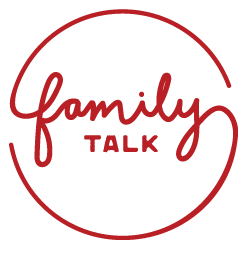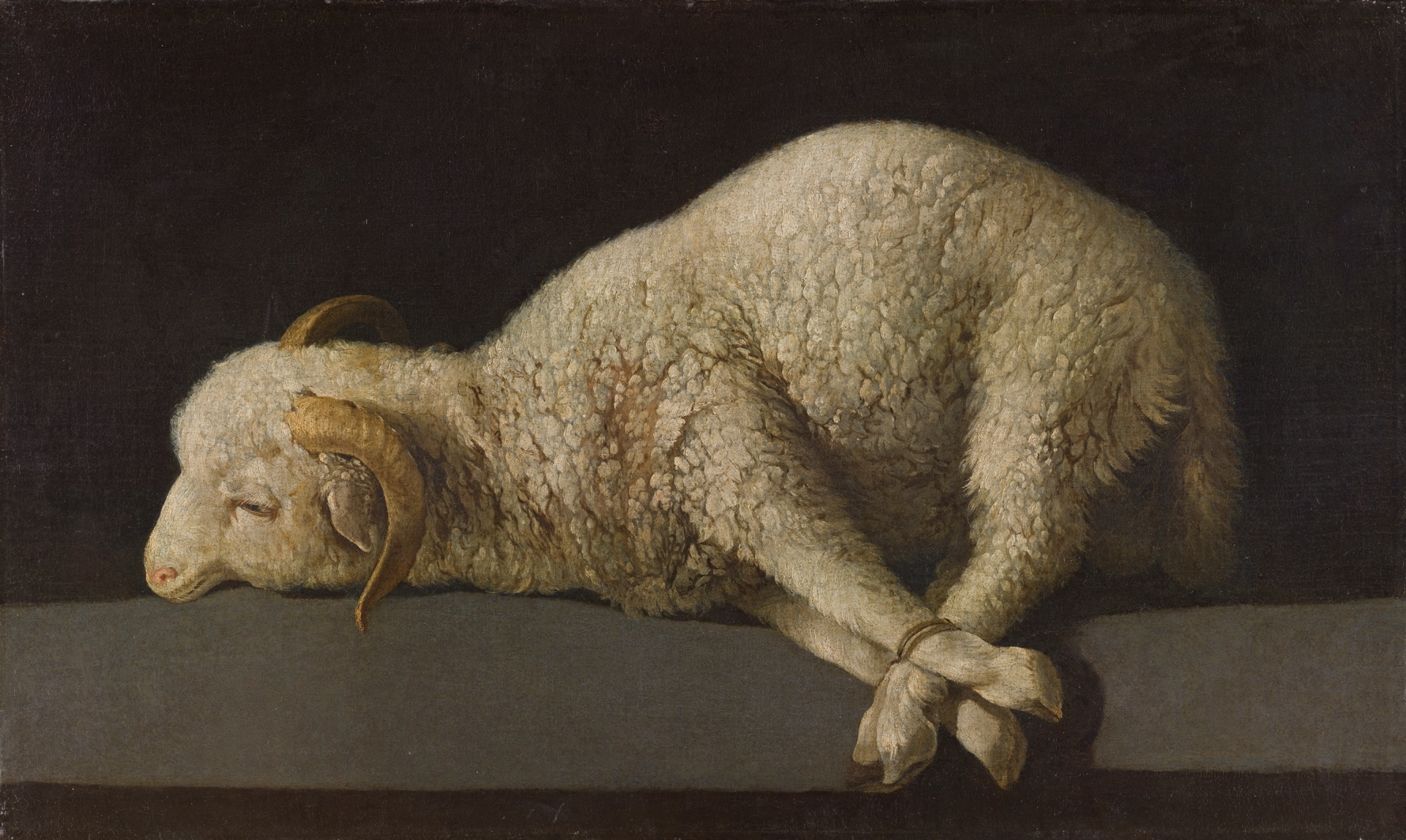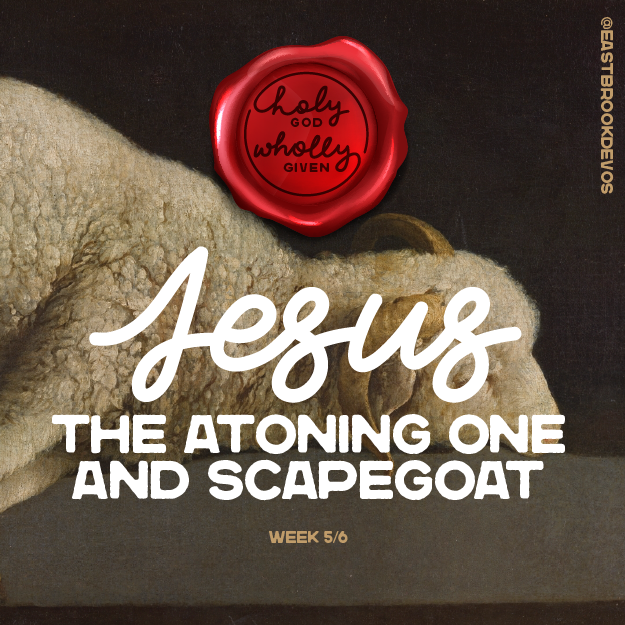Read all or part of Leviticus 16-17
I have a close friend and neighbor who is Jewish, and I love getting her insights into her faith, especially her faith as a child. Her family of origin is in the Reform Jewish denomination, so they didn’t follow kosher food laws or attend weekly services. But one religious holy day was always, always observed, and that was Yom Kippur. On that day, her family would go to “temple” (technically synagogue), followed all the prayers, and did absolutely no work. When I asked her what the significance of Yom Kippur was for her as a child, she said, “It’s the day we got forgiven for all the bad things we had done that year.” Yom Kippur, which falls on the tenth day of Rosh Hashanah in the fall, was non-negotiable for her family. She said that celebrating Yom Kippur was far more important for them than celebrating Hanukkah, which surprised me. The more I think about it, though, the more it makes sense.
When I talk to my friend, I realize how much our Christian faith is tied into the Jewish faith. We simply cannot understand Jesus Christ’s sacrificial death on the Cross for us without delving into the strange world of animal sacrifice that is described in the book of Leviticus. Jews today do not sacrifice animals on Yom Kippur, but they make other sacrifices—of prayer, fasting, and refraining from work.
Perhaps we know Yom Kippur better by its English translation: The Day of Atonement. Today we will explore Leviticus chapter 16 where this holy day is laid out for the priests of the tabernacle in ancient Israel. The one and only God is holy, and human beings are not. God loves humanity, but He can’t just draw near to human beings and live with them without severe intervening measures. The people of Israel knew they were doomed and helpless without God, and they were willing to do anything to have His presence live with them. Let’s explore together what the Day of Atonement means—both then and now.
For reflection:
Each Sunday we include discussion questions on the sermon insert that can be used for deeper reflection and/or small group discussions. Take time to read through those questions today. You can find a digital version online at eastbrook.org/Leviticus.
by Pastor Ruth Carver
 Week 5 Family Talk
Week 5 Family Talk
When was the last time you worked really hard to clean your room? When you finished, maybe you thought the room looked pretty good, but then Mom and Dad walked in! They looked under the bed, and behind the dresser, and in the closet! You didn’t think about the dust bunnies, and you forgot all about the stray dirty socks, the random Lego bricks, and the sticky candy wrappers! Maybe your room wasn’t quite as clean as you thought?
In the Old Testament, God required His people to set aside one day a year called “the Day of Atonement” to deal with all the sin they had forgotten about throughout the year. It was a kind of deep cleaning of sin for the whole community. The high priest did something really unusual on this day! After sacrificing an animal for his own sins, the high priest had two goats brought forward. He sacrificed one goat on the altar to pay for—or atone for—the sins of the people. But he took the other goat and stood before the people. He placed both of his hands on the goat’s head and began to confess all the sin and rebellion the people had done throughout the year. Placing his hands on the goat’s head was a way of showing that this goat was now carrying the weight of all their sin. Then, the goat was led outside the neighborhood of Gods’ people and allowed to wander into the wilderness. It was as though the goat was carrying away all the sin, far from God’s people.
This is a picture of what Jesus does. Like that second goat, the “scape goat”, all of our sin is placed on Jesus at the Cross. Just as the goat carried the sin far away from the people, so Jesus’ death paid for our sin and removes it far from us. Now, when God looks at us, believers in Jesus, He sees the sin on Jesus, and pardons us.
Let’s Talk!
- Describe what the priest did with the two goats. How were both alike? How were they different?
- Can you think of sin that you would like to “pack up” and send far away?
A Step Further: Interactive Prayer
If the weather permits, go outside with a jar of bubbles. Read: “He has removed our sins as far from us as the east is from the west” (Psalm 103:12, NLT). Think of sins that you would like God to remove from your life. Imagine Him doing that as you watch the bubbles float away and pop. Pray: “Thank you, Jesus, for forgiving our sin and taking them far away from us. Amen.”
by Pastor Laure Herlinger
Recommended Posts

Following Our King
April 19, 2025

Practice: Jubilee
April 18, 2025

A Gift of Grace
April 17, 2025



